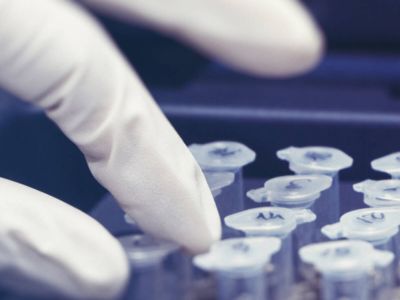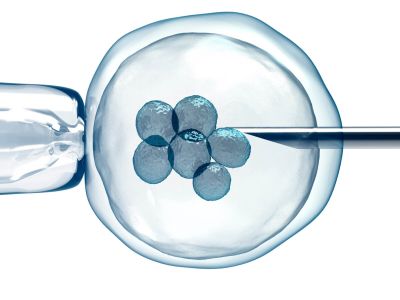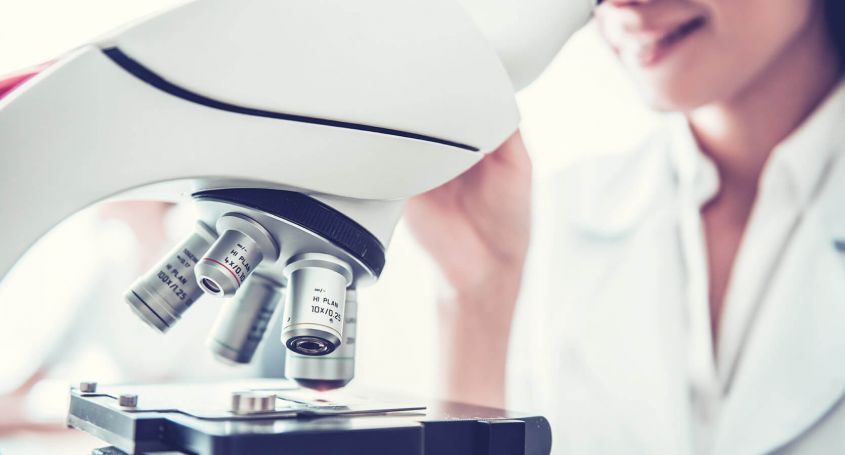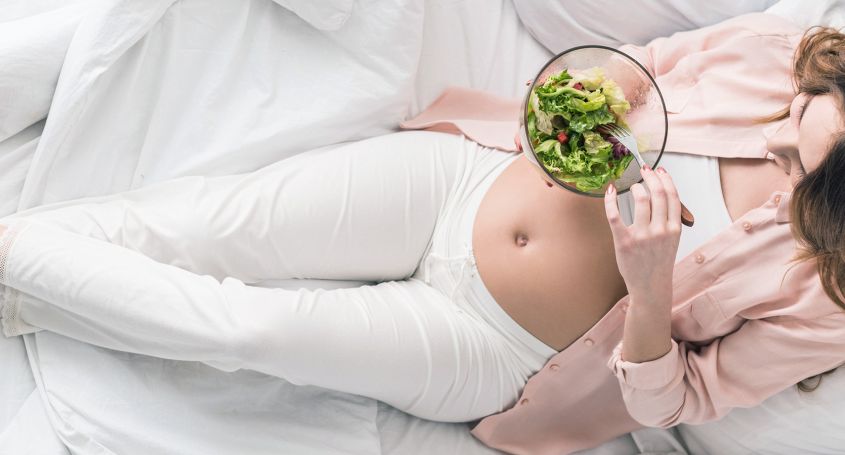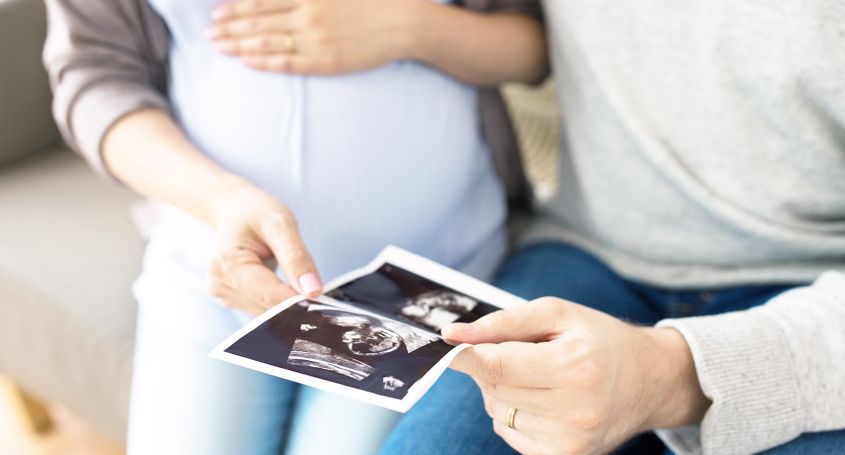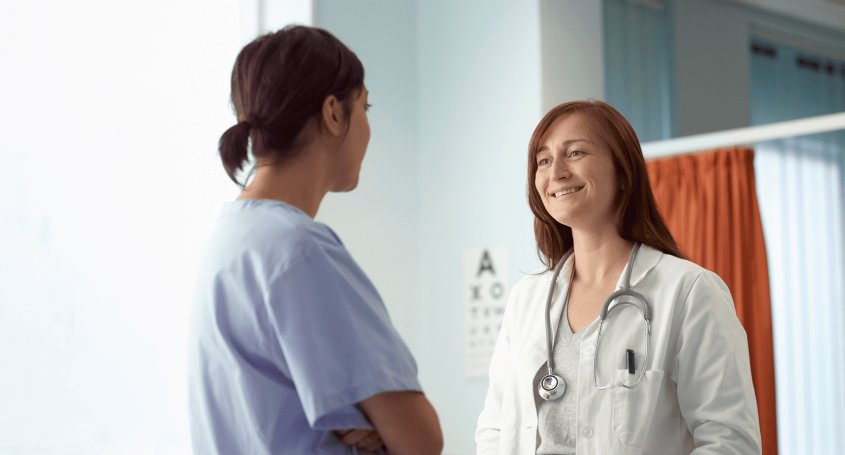Eggs are key to conception, so low egg quality and/or low ovarian reserve are common causes of female infertility. But what do we mean by "quality" and how is oocyte quality assessed?
What do we mean by ovarian quality?
Women have a limited number of eggs since birth time. At puberty, it is estimated that they have around 300,000 and this ovarian reserve is decreasing as mature eggs are released at ovulation. In other words, the term "ovarian reserve" relates to the quantity of eggs, but not to their quality. Quality refers to the morphological and genetic characteristics of the oocytes for gestation.
The most important cause of the decline in both, oocyte quantity and quality, is age. For example, ovarian reserve at the age of 40 is usually lower than at the age of 20, and so is the quality, due to a greater likelihood of genetic alterations. However, it is possible to find cases of women with low ovarian reserve, but who produce quality eggs.
How are ovarian reserve and egg quality assessed?
To determine the ovarian reserve, the antral follicle count by ultrasound and the determination of FSH (follicle stimulating hormone), E2 (basal oestradiol) and AMH (anti-Müllerian hormone) levels are carried out. It is important to know that the results of these tests are indicative and should be considered together along with the patient's medical history. In fact, the most reliable way to know the ovarian reserve is by subjecting the ovaries to hormonal stimulation.
On the other hand, the only way to know if quality eggs are produced is through an in vitro fertilisation cycle that allows us to check if the eggs have the capacity to develop correctly. Even so, the factor that will determine the quality of the eggs is the woman's age. Thus, the younger the better, and it is from the age of 38 that the quality gradually decreases, being difficult to achieve a pregnancy with a woman's own eggs from the age of 43.
Is it possible to become a mother without using one's own eggs?
Yes, thanks to egg donation . The procedure is based on fertilising the donor's eggs in the laboratory with the sperm of the couple or of a donor and, once the embryos are in the blastocyst stage, they are transferred to the uterus of the future mother.
Do you want to know more about egg donation?
At Barcelona IVF we ensure the best results, as we carry out a genetic matching between the donor and the recipient of the eggs. The genetic compatibility between both women allows us to reduce the risk of the future baby suffering from more than 250 known genetic diseases.
If you have any further questions about egg donation, please do not hesitate to contact us!

